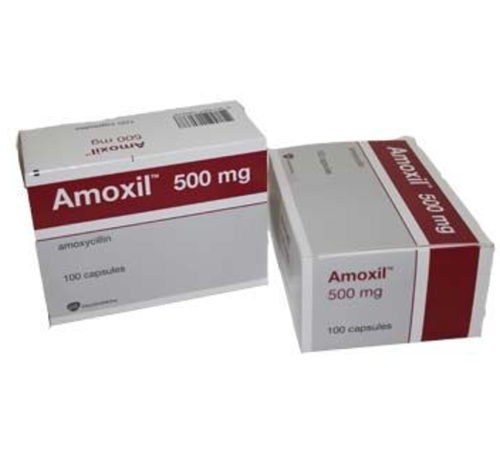Description
Common use
Zagam is a drug based on the main ingredient Sparfloxacin, a synthetic antimicrobial agent with broad spectrum action. Part of the Fluoroquinolones class of medication, this drug is used to fight bacterial infections in the human body.
Dosage and direction
The exact Zagam dosage may vary from one case to another, depending on the infection being treated as well as on the patient’s general health condition, medical history and a number of other factors. It is highly advised that you take the Zagam dosage that has been prescribed for you. Never use the medication dosage prescribed for another patient. During the course of the therapy, the examining health care professional may change your Zagam dosage.
Precautions
A treatment with Zagam is not the adequate therapy option for patients who are suffering from heart disease, kidney disease or who have a history of such medical conditions. This drug may also not be appropriate for the treatment of epileptic patients, or for the treatment of those suffering from seizures.
Currently, it is not known whether Zagam is safe to use during pregnancy. It is advised to consult with your personal health care provider if you are or plan to become pregnant. Also, it is not known if this drug passes into breast milk. Nursing mothers should only follow a therapy with this medication if their personal health care professional decides that the benefits outweigh the possible risks.
Contraindications
Side effects
There are several side effects associated with Zagam. It is strongly recommended that you immediately stop taking Zagam and contact your personal health care provider if you experience any sign of an allergic reaction (such as hives, breathing difficulties, swelling of the face, tongue or lips or narrowing of the throat), irregular heartbeat, severe dizziness, seizures, chest pain, swelling of the limbs, shortness of breath, chest discomfort, hallucinations, confusion, joint or muscle pain, jaundice (yellowing of the eyes or skin), nausea, severe fatigue, abdominal discomfort or pain, nausea or abnormal bruising or bleeding.
Drug interaction
The use of aluminum or magnesium based antacids, or mineral supplements or vitamins containing zinc or iron, or the medicine Sucralfate within 4 hours before or after taking a dose of Zagam is not permitted, as these may greatly impact the effectiveness of this drug, severely reducing it.
Missed dose
It is highly recommended that you keep a regular medication schedule in order to reduce the risk of missing any Zagam doses. However, if you unfortunately miss using a prescribed dose of this clinical remedy, you should replace it as soon as you remember unless it is almost time for another scheduled dose of this product
Overdose
It is highly advised to only take the Zagam dosage that has been prescribed in your case. Never attempt to change that dosage, either by modifying the intake schedule or by altering the doses themselves. Doing so may result in severe, possibly lethal complications. Among the most common symptoms of a Zagam overdose, slow and irregular heartbeats have been noted.
Storage
Store at room temperature between 68 and 77 degrees F (20-25 degrees C) away from light and moisture.
Disclaimer
We provide only general information about medications which does not cover all directions, possible drug integrations, or precautions. Information at the site cannot be used for self-treatment and self-diagnosis. Any specific instructions for a particular patient should be agreed with your health care adviser or doctor in charge of the case. We disclaim reliability of this information and mistakes it could contain. We are not responsible for any direct, indirect, special or other indirect damage as a result of any use of the information on this site and also for consequences of self-treatment.

 STORE OPEN | LATEST UPDATE:
STORE OPEN | LATEST UPDATE:















Reviews
There are no reviews yet.